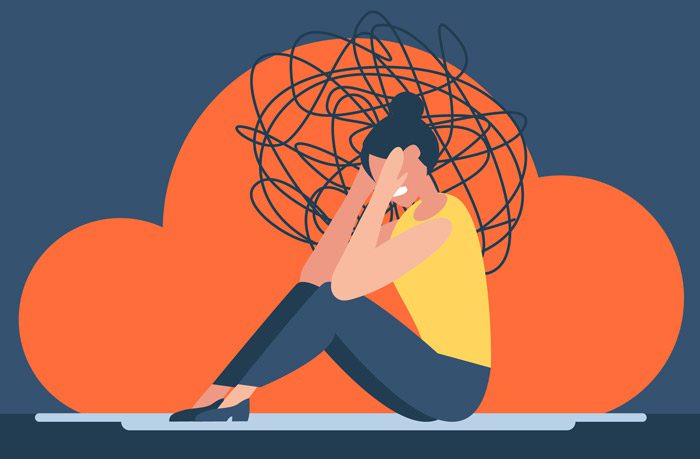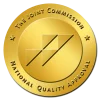Anxiety and depression are two different conditions that often coexist and may even share symptoms, such as irritability, nervousness, or changes with sleep. Understanding that it is possible to have both conditions and that you may experience symptoms of each can be frustrating and often discouraging. Fortunately, various treatments are effective and can make the conditions manageable.
What Is Anxiety?
Many people suffer from anxiety disorder. The Anxiety & Depression Association of America (ADAA), states that “anxiety disorders are the most common and pervasive mental disorders in the United States.” Anxiety can make it difficult to do daily activities. It can last for long periods of time and vary in intensity. Anxiety may be caused by the following:
- Traumatic event that occurred during childhood
- Build-up of stress resulting from a death or job loss
- Medical problem such as heart disease, diabetes, or thyroid disorder
- Side effect of medication
- Having a blood relative with an anxiety disorder
- Having another mental health disorder, such as depression
- Drug or alcohol use or withdrawal
- Having a certain personality type
Anxiety Symptoms
Those with anxiety may experience a range of persistent symptoms such as:
- Feeling anxious or nervous
- Restlessness
- Increased heart rate
- Having uncontrolled fear or worry
- Panic attacks
- Sweating
- Rapid breathing
- Sense of impending doom
- Trouble with sleep
- Avoiding certain situations that trigger anxiety
- Phobias
What Is Depression?
Depression is different from anxiety, despite the similarity of symptoms. According to the Centers for Disease Control (CDC), “about 1 out of every 6 adults will have depression at some time in their life.” This condition affects about 16 million Americans each year. Depression does not discriminate. It can affect anyone at any age. There is no exact known cause for depression; it is thought to be caused by a combination of factors. Depression can be the result of the following factors:
- Genetics. Having a blood relative with depression can put you at a higher risk for developing the condition.
- Traumatic event. Experiencing trauma, such as abuse, death of a loved one, or problems with finances can often cause depression.
- Life changes. A major life change can often trigger depression. This can be anything from the birth of a child, a new job, or a geographical move.
- Medical problem. Having a diagnosed medical problem such as cancer, heart attack, stroke, or an injury can often result in depression. In addition, taking certain medications for medical problems can also cause depression.
- Substance abuse. Abusing drugs or alcohol can play a role in developing depression.
Depression Symptoms
Some common symptoms of depression include:
- Intense feelings of sadness
- Anxiousness
- Feeling irritable or restless
- Withdrawing from activities that you used to find enjoyable
- Problems with sleep
- Changes in eating
- Becoming easily frustrated
- Having physical symptoms such as headaches, stomach problems, or aches and pains
- Feelings of guilt or worthlessness
- Problems with concentrating or remembering details
- Having thoughts of suicide or harming yourself
- Abusing alcohol or drugs
The Main Differences Between Anxiety & Depression
Both anxiety and depression have similar symptoms, but there are some differences between both conditions:
- Depression can cause a lack of energy and feeling of extreme tiredness, while anxiety can produce overactivity or make it difficult to sleep.
- Anxiety produces physical symptoms, such as a racing heart rate, high blood pressure, or sweating. These symptoms are not common with depression.
- Anxiety causes intense worry or feelings of doom. This does not occur with depression.
Treating Anxiety & Depression
If you are experiencing symptoms of anxiety or depression, or both, consult with a professional for help. The earlier you begin treatment, the more effective it will be. A professional can make a diagnosis and recommend the appropriate treatment for your specific condition and needs. To diagnose anxiety or depression, a physician must first rule out other health problems that could be causing your symptoms. This is often done through blood tests and a physical exam. A psychological exam and assessment will be done as well. Once a diagnosis is made, treatment options will be discussed.
Treatments for both conditions may include:
- Therapy, such as cognitive behavioral therapy or talk therapy
- A combination of medications
- Self help, such as meditation or reading books about the condition
- Attending support groups
- Changing diet and incorporating exercise
- Avoiding alcohol and drugs
- Hospitalization
Treatments for anxiety and depression may be on-going and be tailored for your personal situation.
Seek Professional Help
It is important to seek help if you or a loved one are experiencing any of the following:
- Difficulty functioning in daily activities
- Not being able to get out of bed
- Isolating yourself from others
- Thoughts of suicide or self-harm







